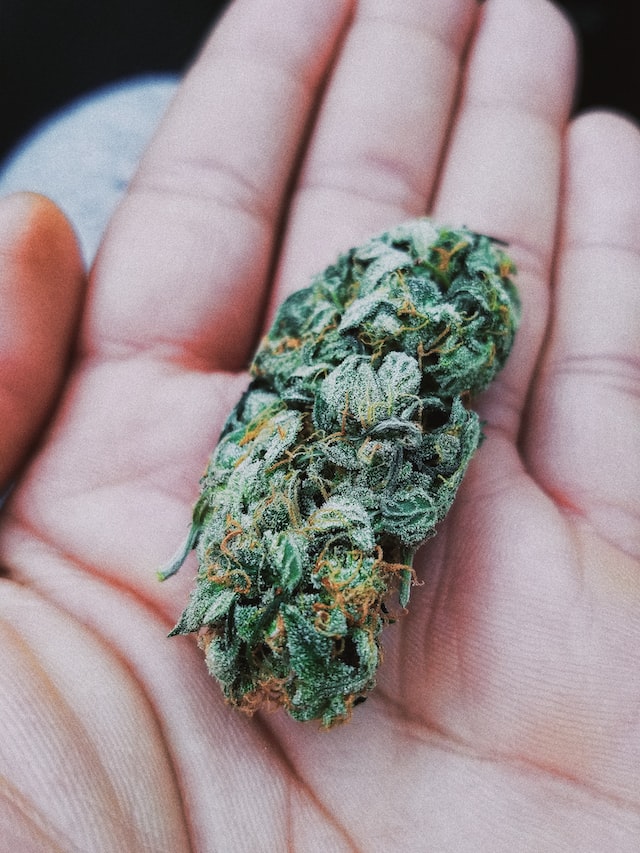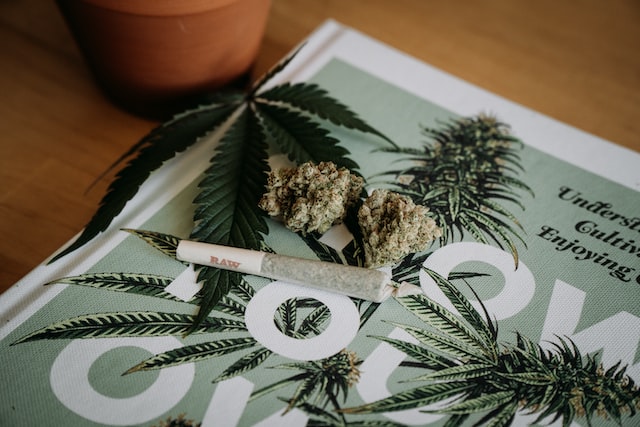Over the last few years, Marijuana laws in the United States have changed dramatically, with many states legalizing the use of cannabis for both medicinal and recreational purposes. However, the laws regarding cannabis are still complex and can vary significantly from state to state. Here’s what you need to know about cannabis legality by state.

Alabama
Medical cannabis was legalized in Alabama in 2021. The state allows for the use of medical cannabis for qualifying medical conditions. These conditions include cancer, epilepsy, and chronic pain, among others. Also, patients must obtain a recommendation from a qualified physician. Also, a Medical Cannabis Card from the Alabama Department of Public Health.
California
Both medical and recreational cannabis is legal in California. The limitations are one ounce of cannabis for recreational use and up to eight ounces for medical use.
The state allows for the home cultivation of up to six plants for personal use. California was the first state to legalize medical cannabis in 1996 and has since established a robust regulatory system for the cannabis industry. But as of February 2023, many states have legalized cannabis for medical use, which made US cannabis sales grow massively.
Connecticut
Both medical and recreational cannabis is legal in Connecticut. They are allowed to have one and a half ounces of cannabis for recreational use.
The state has established a regulatory body, the Connecticut Cannabis Control Board, to oversee the industry. They have also set up a social equity program to address the harm caused by the war on drugs. This provided opportunities for communities disproportionately affected by cannabis prohibition.
Delaware
Both medical and recreational cannabis is legal in Delaware. Their limit is one ounce of cannabis for recreational use. The state allows for the home cultivation of up to six plants for personal use. They also established a regulatory body, the Delaware Cannabis Control Commission, to oversee the industry.
Florida
Medical cannabis is legal for certain medical conditions such as epilepsy and cancer. But, the state does not allow the use of smokable cannabis. The state has recently expanded the list of qualifying medical conditions to include anxiety, depression, and PTSD.
Florida also has a vertically integrated system. Here, each medical marijuana treatment center must handle all aspects of the cannabis business, from cultivation to distribution.
While Florida has yet to legalize cannabis for adult use, there have been efforts to legalize it through ballot initiatives. In 2020, a ballot initiative to legalize cannabis for adult use was proposed, but it ultimately did not make it onto the ballot. However, there are ongoing efforts to push for legalization in the state.
Georgia
Medical cannabis is legal for certain medical conditions such as PTSD and Parkinson’s disease. However, the state does not allow the use of smokable cannabis.
The state has recently expanded the list of qualifying medical conditions to include chronic pain and autism. Georgia also has a low-THC oil program, where patients can obtain up to 20 ounces of low-THC oil with a doctor’s recommendation.
Hawaii
Both medical and recreational cannabis is legal in Hawaii, with a limit of three ounces of cannabis for medical use and one ounce for recreational use. The state allows for the home cultivation of up to three mature plants and four immature plants for personal use.
Hawaii has also established a regulatory body, the Hawaii Department of Health, to oversee the industry. They have implemented a seed-to-sale tracking system to ensure safety and compliance.
Illinois
Both medical and recreational cannabis is legal in Illinois. They’ve set a limit of 30 grams for recreational use and up to two and a half ounces for medical use. The state also allows for the home cultivation of up to five plants for personal use.
Illinois has also established a regulatory body, the Illinois Department of Financial and Professional Regulation, to oversee the industry. They have implemented a social equity program to provide opportunities for communities disproportionately affected by cannabis prohibition.
Maryland
Medical cannabis is legal for certain medical conditions, such as PTSD and severe pain. But like other states, they don’t allow the use of smokable cannabis.
The state has also recently legalized the possession and use of cannabis for adult use, with a limit of one ounce for recreational use. Maryland has established a regulatory body, the Maryland Medical Cannabis Commission, to oversee the industry.
Massachusetts
Both medical and recreational cannabis is legal in Massachusetts. Limitations are one ounce of cannabis for recreational use and up to ten ounces for medical use. The state allows for the home cultivation of up to six plants for personal use.
Massachusetts has also established a regulatory body to oversee the industry. It is called the Massachusetts Cannabis Control Commission. They have also implemented a social equity program to provide opportunities for communities affected by cannabis prohibition.
New Jersey
Both medical and recreational cannabis is legal in New Jersey, with a limit of one ounce of cannabis for recreational use and up to three ounces for medical use. The state allows for the home cultivation of up to six plants for personal use. New Jersey also has a regulatory body called the Cannabis Regulatory Commission, and they also established a social equity program.
New Mexico
Both medical and recreational cannabis is legal in New Mexico. Their limitations are two ounces of cannabis for medical use and up to two ounces for recreational use. The state allows for the home cultivation of up to six plants for personal use.
Same with other states, New Mexico has a regulatory body called the Cannabis Control Division. And they have implemented a social equity program to address the harm caused by the war on drugs as well.

Keep Yourself Updated with Cannabis Legality by State
Overall, cannabis legality by state varies greatly due to the patchwork of laws across the nation. It is important to stay up to date with the latest laws in your state and to research regulations in other states before traveling.
Though federal law still prohibits cannabis, many are hopeful that changes in legal stance will come soon. Staying informed is the best way to enjoy cannabis safely, so bookmark this guide and stay in the know!



